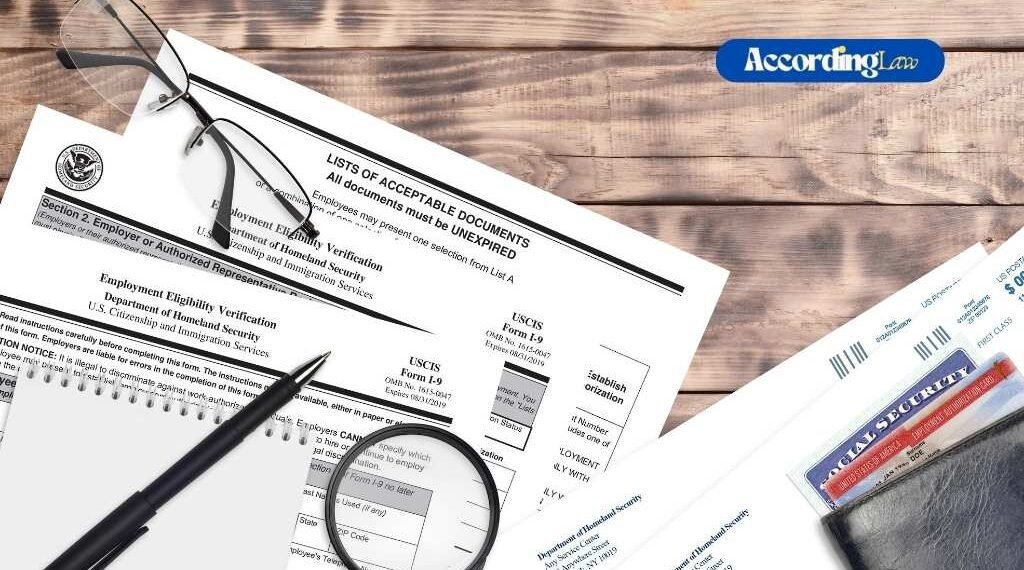In Florida, criminal records do not expire with time. An arrest, even if dismissed, can remain visible forever. Unlike credit history or traffic points, criminal records are permanent unless sealed or expunged.
For many Floridians, this means background checks reveal old cases that block jobs, housing, and licenses. The Florida expungement process is the only path to remove these barriers. Below, we explain eligibility, the application process, and costs, both financial and hidden.
For a detailed guide, see how to expunge criminal records in Florida.
Table of Contents
Why Expungement Matters in Florida
A criminal record in Florida can have lifelong consequences. It appears on employment and housing background checks, restricts access to professional licenses, and undermines credibility in both personal and business matters. Unlike other records that eventually expire, criminal history remains permanent unless addressed through sealing or expungement.
Florida law provides two main remedies: sealing, which hides the record but allows certain government and licensing agencies to view it, and expungement, which removes the record from public view entirely. Because individuals generally receive only one chance in their lifetime to seal or expunge, pursuing relief at the right time is critical.
Eligibility for Expungement in Florida
Eligibility is strict and defined by Florida Statutes §943.0585 (expungement) and §943.059 (sealing).
Eligibility Requirements
Certificate of Eligibility
The process starts with the Florida Department of Law Enforcement (FDLE). Applicants must obtain a Certificate of Eligibility before petitioning the court. Without it, the case cannot proceed.
Application Process: How Expungement Works
The Florida expungement process unfolds in several steps, each requiring careful attention.
Step 1: FDLE Review
The process begins with the Florida Department of Law Enforcement (FDLE). Applicants must provide a notarized application, fingerprints, certified case records, and a $75 processing fee. FDLE reviews these materials to confirm eligibility. This stage can take four to six months, and incomplete paperwork is the most common reason for delays.
Step 2: Petition in Court
Once FDLE issues a Certificate of Eligibility, the applicant can file a petition in the circuit court where the case originated. The petition must include the certificate, sworn affidavits, and other supporting documents. A judge then reviews the petition and may hold a hearing. If granted, the court issues an order to expunge or seal the record.
Step 3: Agency Compliance
When the order is issued, state agencies are required to comply by sealing or destroying the record. However, private background check companies and online mugshot sites are not automatically updated. Unless they are contacted directly, outdated information may continue to appear, creating challenges for those trying to move forward after expungement.
How Long Does Expungement Take?
Expungement in Florida is not a quick process. The review by the Florida Department of Law Enforcement (FDLE) typically takes four to six months, and the court petition can add several more months depending on the county’s caseload.
Once a judge approves the petition, state agencies may need additional time to update their records and comply with the order. In total, most cases take six months to a year from start to finish. With experienced legal representation, however, the timeline can sometimes be reduced to around 90 days, which can make a critical difference for individuals awaiting job offers or professional licensing.
How Much Does It Cost To Expunge a Record
In Florida, the cost of expungement starts with a $75 application fee to the Florida Department of Law Enforcement (FDLE). Applicants may also need to pay small additional charges to the clerk of court, such as $10 to $20 for certified copies and, in some counties, up to $100 in filing-related costs. These government fees are mandatory for anyone pursuing expungement.
The larger expense comes from hiring an attorney. Legal fees for expungement in Florida typically range from $750 to $5,000, depending on the complexity of the case and whether services include a private background check and mugshot removal. Most people who hire a lawyer spend between $1,000 and $1,500 in total. For a detailed breakdown, see this guide to expungement costs in Florida.
Do Expunged Records Show Up on a Background Check?
In Florida, once a record is expunged, it should disappear from public view, and most employers or landlords running standard background checks will see nothing at all, as if the record never existed. However, the reality is that expunged cases may still appear in some private background check databases or on online mugshot websites that keep outdated information.
Removing data from these private sources can be time-consuming, costly, and frustrating. It usually requires repeated requests or even formal takedown notices to achieve compliance. In some cases, if a site refuses to cooperate, a DMCA deindexing request may be needed to force the content off search engines.
This is where working with an expungement lawyer makes a difference. David Weisselberger of Erase The Case offers a comprehensive approach that not only handles the legal petition quickly, often faster than the state average, but also ensures that all traces of a client’s record are erased across the digital landscape. His team follows up with private background check companies, negotiates with mugshot sites, and uses legal tools to deliver what they call “ultimate criminal record expungement.
Bottom Line
In Florida, a criminal record does not disappear with time. Unless it is sealed or expunged, it remains permanently visible on background checks and can create lifelong barriers to employment, housing, and licensing. The expungement process offers a path to relief, but it comes with strict eligibility rules, months of paperwork, and government and court oversight.
Even with a court order, private background check companies and mugshot websites may continue to show outdated information, which means extra steps are often needed for a complete clean slate. Government fees begin at $75, and total costs are usually higher once certified copies, clerk charges, and legal assistance are included. Still, compared to the estimated $3.1 billion in lost wages Floridians face each year by leaving records unexpunged, the investment is small.
For anyone looking to rebuild their future, understanding eligibility, following the application process carefully, and being prepared for both the costs and challenges of expungement is essential. Done right, it is a powerful tool for regaining opportunity and moving forward.


